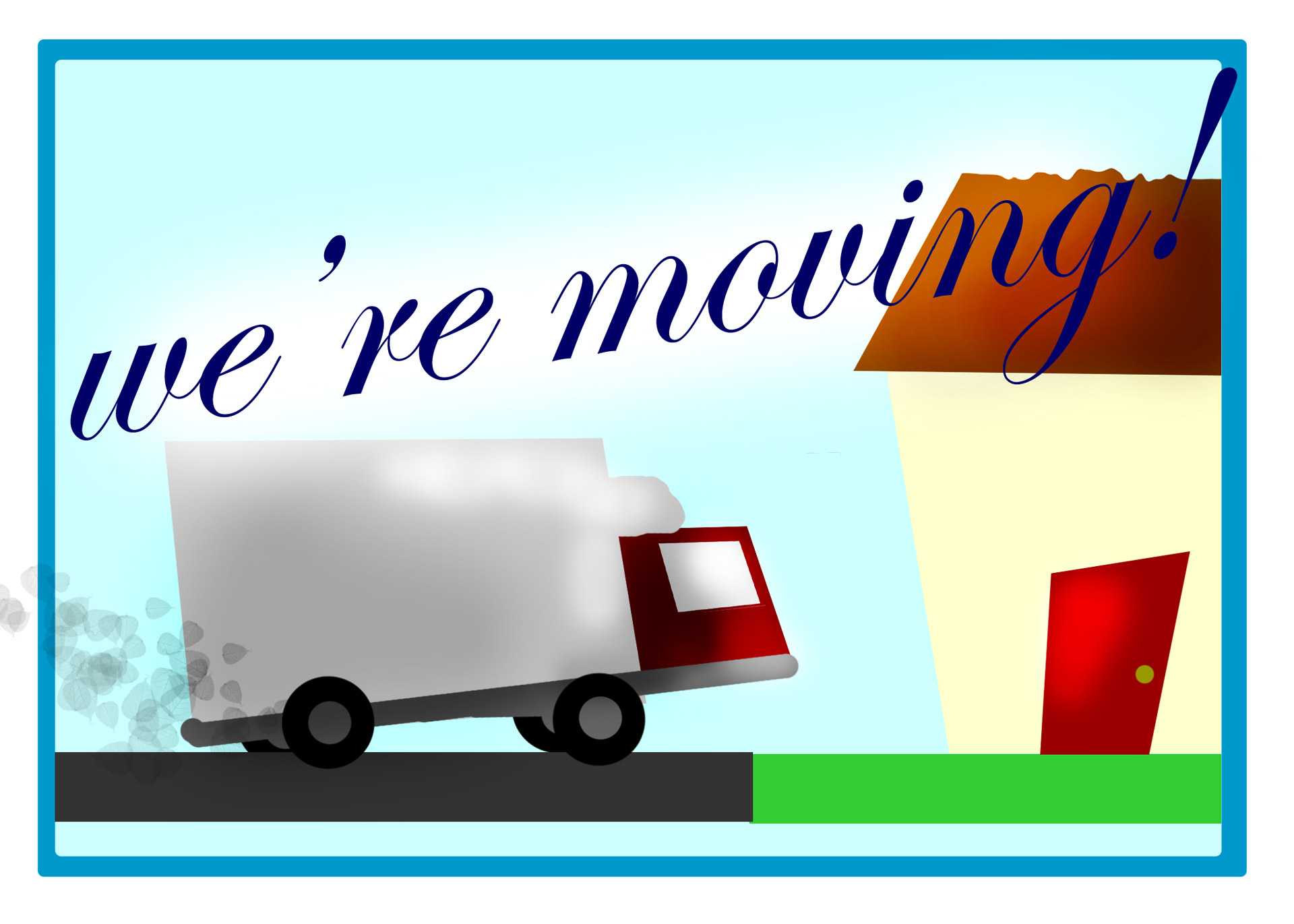Branley Blog

The Cost of Moving Home
Moving house can be expensive, which is why it is important to consider the costs to properly budget early on in the process. Take a look at our breakdown of the key costs you need to factor in as part of your move to avoid being taken by surprise.
DEPOSIT
This is the amount you put towards the cost of the property when you buy your home. On average, you need at least 5% to 20% of the purchase price. If you are a first time buyer using the Government backed Help to Buy scheme you only need to put down a 5% deposit.
STAMP DUTY
When you buy a residential property that costs more than £125,000 (or more than £40,000 for second homes) you are liable to pay a Stamp Duty tax to the government for changing the documents that specify who owns a particular property. This tax applies to both freehold and leasehold properties, whether you are buying outright or with a mortgage.
Stamp Duty Rates can be found at the following link: https://www.gov.uk/stamp-duty-land-tax/residential-property-rates
Stamp Duty and First Time Buyers – On 22nd November 2017 the Chancellor announced he was abolishing stamp duty for first-time buyers on properties worth up to £300,000, with buyers of properties worth up to £500k also benefiting from the zero duty up to the new level. If the property you are buying is worth over £500,000 you will pay the standard rates of Stamp Duty.
You will need to submit a Stamp Duty Land Tax return and pay what you owe within 30 days of completing the purchase of your home. If you do not submit a return and pay the tax within the 30 days HMRC might charge you penalties and interest. You can use the below link from HMRC to calculate your SDLT:
https://www.tax.service.gov.uk/calculate-stamp-duty-land-tax/#/intro
VALUATION FEE
If you require a mortgage your mortgage lender will require a surveyor to carry out a valuation of the property you are proposing to purchase to determine how much they are willing to lend you. Valuation fees can vary depending on the property’s value.
MORTGAGE FEES
Most mortgages come with arrangement fees and other charges for setting up the loan. It is advisable to pay these upfront.
SURVEYORS FEES
Before purchasing it is important to commission a surveyor’s report to understand the condition of a property. Surveys range from a basic home condition to a full structural survey. A full structural survey is the most expensive and is usually only necessary when purchasing an old property.
CONVEYANCING FEES
Conveyancing solicitors are retained to sign off all of the paperwork and ensure the sale is legally made. It is helpful to obtain a quote prior to instruction as solicitors can charge on either a fixed fee (often a percentage of the selling price) or hourly basis. If you are also selling a house at the same time as purchasing a new one, you may be able to negotiate a package deal with a solicitor. Disbursement costs such as Land Registry Fees and Local Authority Search Fees will also be added to the quote as will VAT (20%).
ELECTRONIC TRANSFER FEE
This typically costs between £40 and £50 and covers the lender’s cost of transferring the mortgage money from the lender to the solicitor.
ESTATE AGENT FEES
Estate Agent fees will only apply if you are selling a house at the same time as buying a new one. Fees can vary between 1% to 3% of the sale price (plus 20% VAT).
REMOVAL COSTS
These can range from £300-£1,500 depending on the level of removals and whether you require the removals company to carry out packing of removals as well. Alternatively, you may be able to hire a van for cheaper and carry out the removals yourself.
ONGOING COSTS
These include: Insurance Costs; Council Tax; Energy Bills; Phone, TV and Broadband Packages, and; Maintenance Costs. If you are purchasing a leasehold property, you will also need to factor in ground rent and service charge costs. It is important to budget appropriately to take account of all essential and non-essential expenses (i.e. holidays) to ensure you keep up with any monthly mortgage repayments applicable.